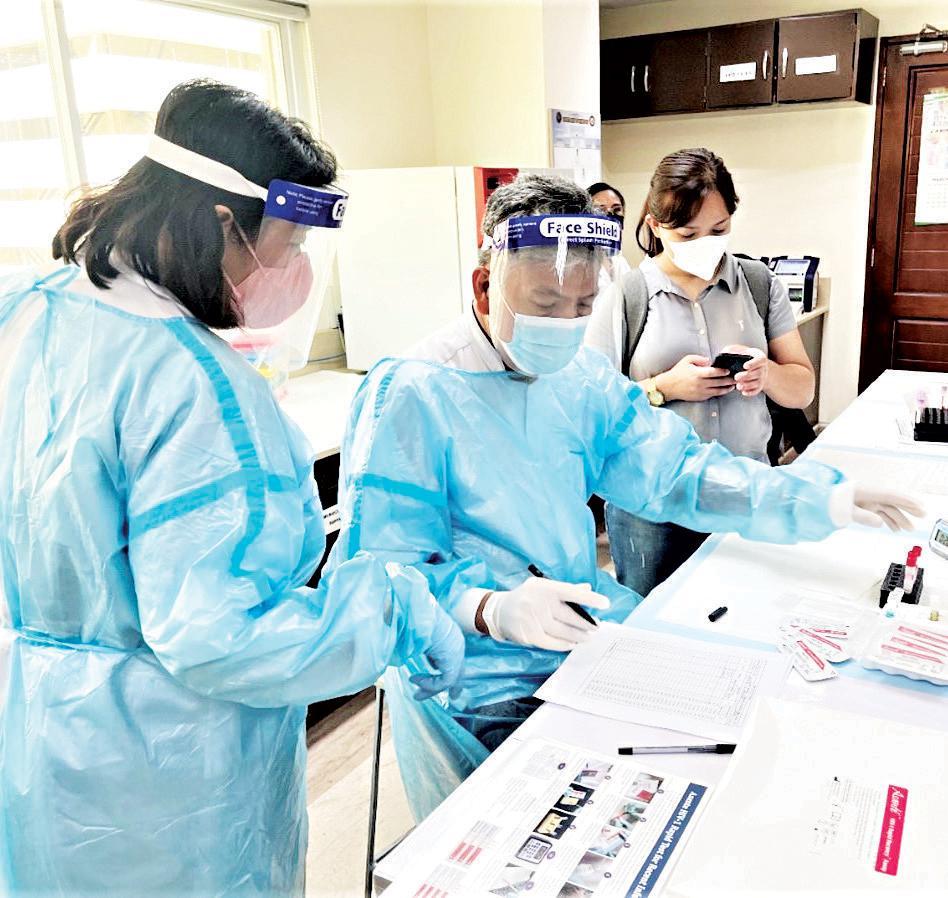Africa-Press – Malawi. A coalition of leading HIV researchers, patients living with HIV and funders from around the world has issued an urgent call for increased investment in HIV cure research, arguing that finding a cure has become an essential imperative to end the global HIV epidemic.
The call comes in a new commentary recently published in The Lancet HIV, authored by prominent community representatives, funders and scientists from major research institutions across Europe, North America, Africa and beyond.
Despite remarkable progress in HIV treatment that has transformed the disease from fatal to manageable, the commentary says 40.8 million people worldwide are still living with HIV, with 1.3 million new infections and 630,000 Aids-related deaths occurring in 2024 alone.
The authors argue that without a cure, the global health burden will continue to grow unsustainably.
The commentary highlights what it calls extraordinary recent breakthroughs that demonstrate an HIV cure is biologically possible.
Ten people have now achieved long-term HIV remission or cure, including two new cases reported in 2025, following pioneering treatments using stem cell transplantation.
BARRÉ-SINOUSSI —A cure would deliver enormous cost savings to health systems“We now have definitive evidence that HIV can be cured. The question is no longer whether a cure is possible, but how quickly we can develop safe, accessible treatments for the millions who need them,” lead author and researcher at Aidsfonds-Soa Aids Nederland, Dr Remko van Leeuwen, said.
Additionally, researchers have identified hundreds of individuals who can naturally maintain undetectable virus levels for decades without treatment, providing valuable insights into how the human immune system can control HIV.
Despite these scientific advances, the commentary warns that HIV cure research faces a critical funding shortfall.
Nearly 90 percent of global HIV cure research funding has historically come from United States government sources, but recent policy changes threaten massive cuts to international health programmes.
“The scientific tools are within our grasp, but without adequate funding, these breakthrough technologies will remain trapped in laboratories instead of reaching the people who desperately need them,” director of the French ANRS Emerging Infectious Diseases Agency, Yazdan YazdanPanah, said.
The commentary says lifetime medical costs for a person living with HIV range from $5,221 in low-income settings, such as Malawi, to over €500,000 in high-income countries.
With infections projected to increase by nearly 50 percent in sub-Saharan Africa over the next five years, the global treatment burden could become financially unsustainable, the experts warn.
“A cure would not only save lives but also deliver enormous cost savings to health systems worldwide. The platforms we develop could also address other chronic infections, genetic diseases and neurological conditions,” co-discoverer of HIV and Nobel Prize laureate, Dr Françoise Barré-Sinoussi, said.
The commentary calls for expanded public funding for early-stage, investigator-led research, the establishment of an HIV cure impact fund using public-private partnerships and greater inclusion of institutions from low and middle-income countries, among other measures.
Executive Director of the International Aids Society, Birgit Poniatowski, appealed to the European Union and other international partners to step up to fill the funding gap.
“We have the scientific foundation and technological tools. What we need now is political commitment and financial resources commensurate with the urgency of this global health challenge,” Poniatowski said.
From the patient perspective, Florence Riako Anam from the Global Network of People Living with HIV underlined the human impact.
“For the 40.8 million people living with HIV worldwide, a cure represents hope beyond daily medication and lifelong treatment.
“It means freedom from the psychological burden, persistent stigma and economic hardship that define our daily reality. We need research that not only advances science but truly addresses the real needs of our communities,” Anam said.
For More News And Analysis About Malawi Follow Africa-Press






